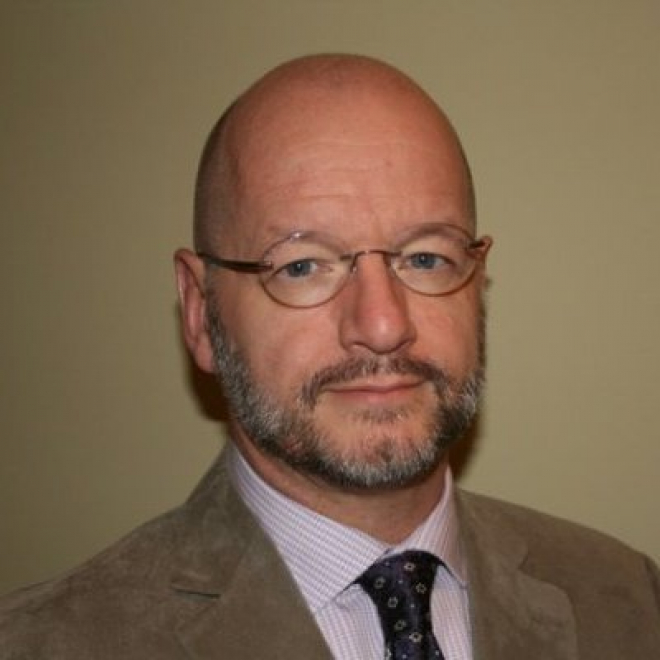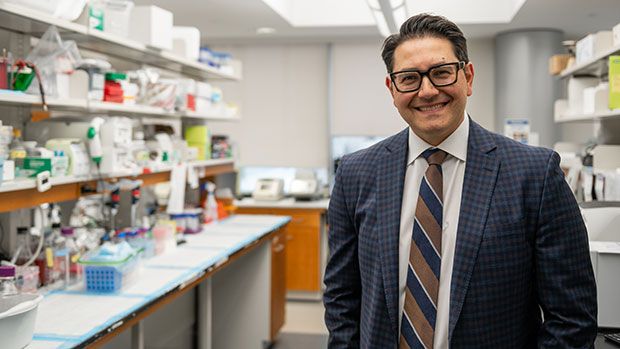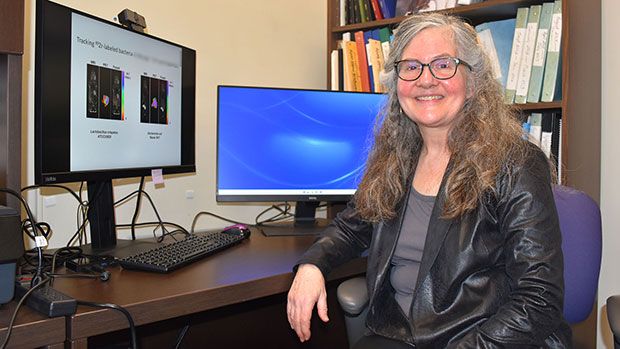
Contact Information
My research focuses on a sepsis (systemic infection) in relation to the smallest blood vessels in out body. Sepsis is a major cause for patient mortality in intensive care units around the world, involving a systemic inflammatory response caused by an infection and often results in a disturbance of the blood flow in microvessels, which are vital to provide tissue with oxygen and nutrients. In sepsis the microcirculation becomes rapidly dysfunctional, resulting in a critical decrease in blood supply affecting the functionality of tissue and organs. As a disease sepsis is not well understood; however research shows that the microvascular functionality is plays a crucial role. It is possible to microscopically investigate these microvessels in the living tissue during the development of sepsis.
Dr. Barry Janssen graduated from the Radboud University in Nijmegen (Biology), the Netherlandsand did his PhD work at the Department of Physiology of the University of Maastricht in the Netherlands and at the Eindhoven University of Technology (PhD thesis: Leukocyte rolling in skin venules).
After his PhD, dr. Janssen worked for several years in the pharmaceutical industry (marketing and sales) as well as as a consultant in pharmaceutical care. His scientific background combined with his corporate experience, gives him a unique overview allowing him to switch directly between the different professional viewpoints and act as a bridge figure between the different professional fields.
Dr. Janssen returned full time to research in 2010, and has been working on the development of new techniques to quantify the quality of microvascular blood flow during sepsis. Currently associated with Lawson's Centre for Critical Illness Research, his present work focusses on the effect of carbon monoxide on the development of microvascular dysfunction in sepsis. He is also associated with the Department of Medical Biophysics as an Assistant Professor, has successfully set up and developed scientific research programs (basic microvascular as well as industrial contract research), taught Physiology/Microcirculation courses, coached students as well as medical professionals. His experience in marketing, account management and project management allowed him to successfully set up partnerships between pharmaceutical companies and medical key opinion leaders, as well as coordinate investigator driven research projects. It has also allowed him to successfully initiate an academic exchange program between Western University and the Eindhoven University of Technology in the Netherlands.




